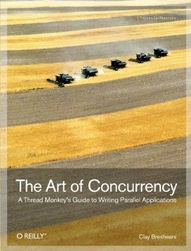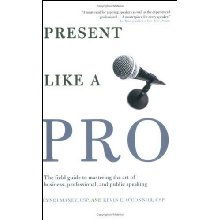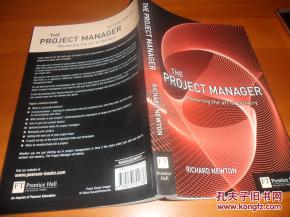Writing a Fishing Diary: Essential Tips and Techniques
Embarking on a fishing adventure is not just about the thrill of catching a big fish; it's also about capturing the moments, the experiences, and the memories that make the journey worthwhile. A fishing diary serves as a personal chronicle of these experiences, allowing anglers to relive their triumphs and reflect on their challenges. Writing a fishing diary can be both a therapeutic and an enjoyable activity. Here are some essential tips and techniques to help you craft a compelling fishing diary.
Start with a Purpose
Before you put pen to paper (or fingers to keyboard), ask yourself why you are writing this diary. Is it to record your fishing exploits for posterity, to analyze your fishing techniques, or to share your passion with others? Understanding your purpose will guide the content and style of your diary.
Choose the Right Format
There are several formats you can choose for your fishing diary:
- Chronological: Record your fishing trips in the order they occurred.
- Thematic: Focus on specific themes such as the best fishing spots, favorite baits, or memorable catches.
- Reflective: Write about your feelings, thoughts, and insights gained from each fishing trip.
Select the format that resonates with you and fits your purpose.
Be Detailed
A good fishing diary is detailed. Include the following information:
- Date and Location: Note the date and the place where you went fishing. This helps in organizing your entries and provides context.
- Weather Conditions: Describe the weather at the time of your fishing trip. Was it sunny, rainy, windy, or overcast? These details can add depth to your story.
- Equipment Used: Mention the type of rod, reel, line, lure, or bait you used. This information can be valuable for future reference.
- Fish Caught: Record the species of fish you caught, the size, and the method of catching. Include any interesting details about the fish or the catch.
- Challenges and Successes: Reflect on the challenges you faced and how you overcame them. Also, celebrate your successes, no matter how small.
Use Descriptive Language
Good writing is all about vivid descriptions. Use sensory details to bring your diary to life:
- Sights: Describe the scenery, the water, the plants, and the wildlife around you.
- Sounds: What did you hear? Birds chirping, waves crashing, the sound of your line moving through the water?
- Smells: Did you catch any scents, like the smell of the water, the bait, or the earth?
- Tastes: If you caught any fish, describe the taste of the water and the fish.
Reflect on Your Experiences
A fishing diary is not just a record of your catches; it's also a place to reflect on your experiences. Ask yourself:
- What did you learn from this trip?
- How did the experience change your perspective on fishing?
- What did you enjoy most about the trip?
- How did you feel when you caught your biggest fish?
Include Photos and Artwork

If you're writing a digital diary, include photos or scans of your fishing trips. If you're hand-writing your diary, consider drawing or sketching the scenes you encountered. Visual elements can make your diary more engaging and personal.
Keep it Personal
Your fishing diary is your story. Don't be afraid to share your personal thoughts and feelings. This is your space to express yourself freely.
Regularly Update Your Diary
The more consistently you update your diary, the more valuable it will become. Even if you only have a few minutes, jot down a few notes about your fishing trip.
Review and Revise
Once in a while, review your diary entries. You might find that certain entries could be improved with additional details or a better flow. Don't be afraid to revise your entries to make them more engaging.
Share Your Diary
If you feel comfortable, share your fishing diary with others. This could be with friends, family, or even on social media. Sharing your experiences can inspire others and connect you with fellow anglers.
In conclusion, writing a fishing diary is a rewarding way to document your adventures on the water. By following these tips and techniques, you can create a rich and detailed account of your fishing experiences that you'll cherish for years to come. Happy fishing and happy writing!












